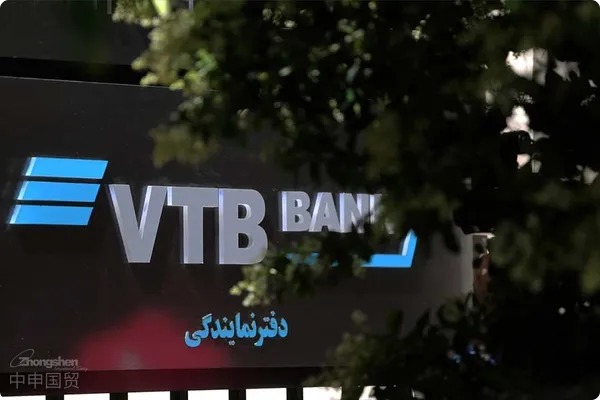- Shanghai Zhongshen International Trade Co., Ltd. - Two decades of trade agency expertise.
- Service Hotline: 139 1787 2118
The following article provides SEO-compliant descriptions, titles, and keywords. The description should be limited to 220 characters, include 6 key keywords, and the title should not exceed 60 characters:
According to the latest research from Wageningen University and Statistics Netherlands, the Netherlands agro-industrial exports to Russia have surged against the trend in the past two years, unaffected by EU sanctions.
Research data shows that from 2021 to 2022, the Netherlands exports of livestock pharmaceuticals, vaccines, and agricultural machinery to Russia increased by approximately 30%, from €184 million to €239 million. In the first nine months of 2023, this figure had already reached €172 million, potentially setting a new record.
Surprisingly, these products were not included in the EUs sanctions list against Russia, making Dutch agro-industrial companies unexpected winners. Analysts believe this phenomenon warrants attention amid escalating geopolitical tensions.
In addition, the NetherlandsCompulsory certificationhas also seen a continuous rise in flower exports. Compared to major exporters like Kenya and Ecuador, the Netherlands dominates the Russian flower market. Data shows that in 2023, the Netherlands exported 3,500 tons more flowers to Russia than the previous year.
Some commentators point out that although these products are considered moderate, the large-scale export of agro-industrial goods to Russia may create loopholes in the sanctions, undermining their effectiveness. As a result, there are calls for the Netherlands to join the US and EUs full embargo.
However, another perspective argues that continuing to export these civilian goods helps maintain basic economic ties and prevents further deterioration in bilateral relations. The Dutch governments stance on this matter remains to be seen.
Related Recommendations
? 2025. All Rights Reserved. Shanghai ICP No. 2023007705-2  PSB Record: Shanghai No.31011502009912
PSB Record: Shanghai No.31011502009912










